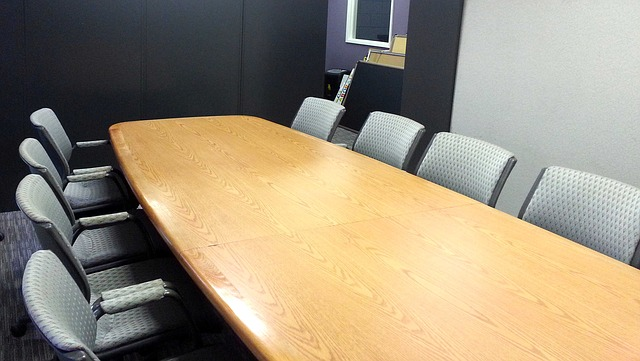Going to the Court to resolve a conflict is not always the best option. This is due to two main reasons:
- The Court process is expensive and time-consuming
- The Judge may dictate a decision contrary to what you wish
These two points make ADR or Alternative Dispute Resolution a better choice than filing a case with the Court. When a case is taken to the Court, the Judge has the responsibility of assessing all the evidence and giving the best verdict in the eyes of the law. This may result in a decision that dissatisfies you. Additionally, when a case is tried in Court, it can be time consuming, leading to more expenses.
In these aspects, ADR is the perfect alternative.
The Three ADR
There are three types of Alternative Dispute Resolution options.
Negotiation
In a negotiation, the two parties come together to discuss the problem and come to a mutually agreeable solution. The disputed parties may hold the negotiation themselves or conduct it through legal representation who negotiate on their behalf.
Negotiation is a favourable option when the relationship between the two parties hasn’t broken down. The two parties, through open conversation, are able to come to a solution that both of them agree to.
Mediation
A mediation is essentially negotiation with the involvement of a mediator. A mediator’s role is to act as an unbiased and impartial person who assists and smoothen the negotiations. Unlike a Judge, a mediator’s responsibility during a negotiation is to ensure the process moves to a swift resolution. The mediator can do this in several ways:
- Provide direction for the negotiation to progress
- Call out any party that is unreasonably restricting the progress of the negotiation
- Suggest solutions. The solution is not restricted by the law of the Court and can be creative.
Mediation can be recommended by the Court before it tries the case.
Arbitration
Arbitration is called for when the parties are unable to come to an agreeable solution. The arbitrator is a person who is an expert in the particular field or industry. Before the arbitrator offers a solution, the parties can decide whether the judgement is binding or subjected to review.
The arbitrator will make a decision based on the facts, any prior agreement between the parties and applicable laws.
The Court may decide that the parties should have arbitration before trying the case.
Pick the Best Option
It must be said that there is no best option for ADR, only the best option for the appropriate situation. Mediation is a good choice when both parties can communicate openly and attempt to find a resolution that is beneficial to both.
However, if communication is breaking down between the parties, a mediator is required to ensure stable and continuous negotiations.
And finally, when the parties have arrived at a level wherein communication has broken down and they cannot come to an agreeable solution, then they turn to arbitration.
In certain situations, the Court may order the parties to resolve the conflict through ADR.
At each level of ADR, negotiation, mediation and arbitration, it is recommended that you have legal representation. A lawyer or a legal counsellor will be able to ensure your interests are not compromised during the ADR and yet find an agreeable solution for you. You will find that Prowse Barrette (Previously Prowse Chowne) has a team of experienced lawyers to represent you and your interests during an ADR.

